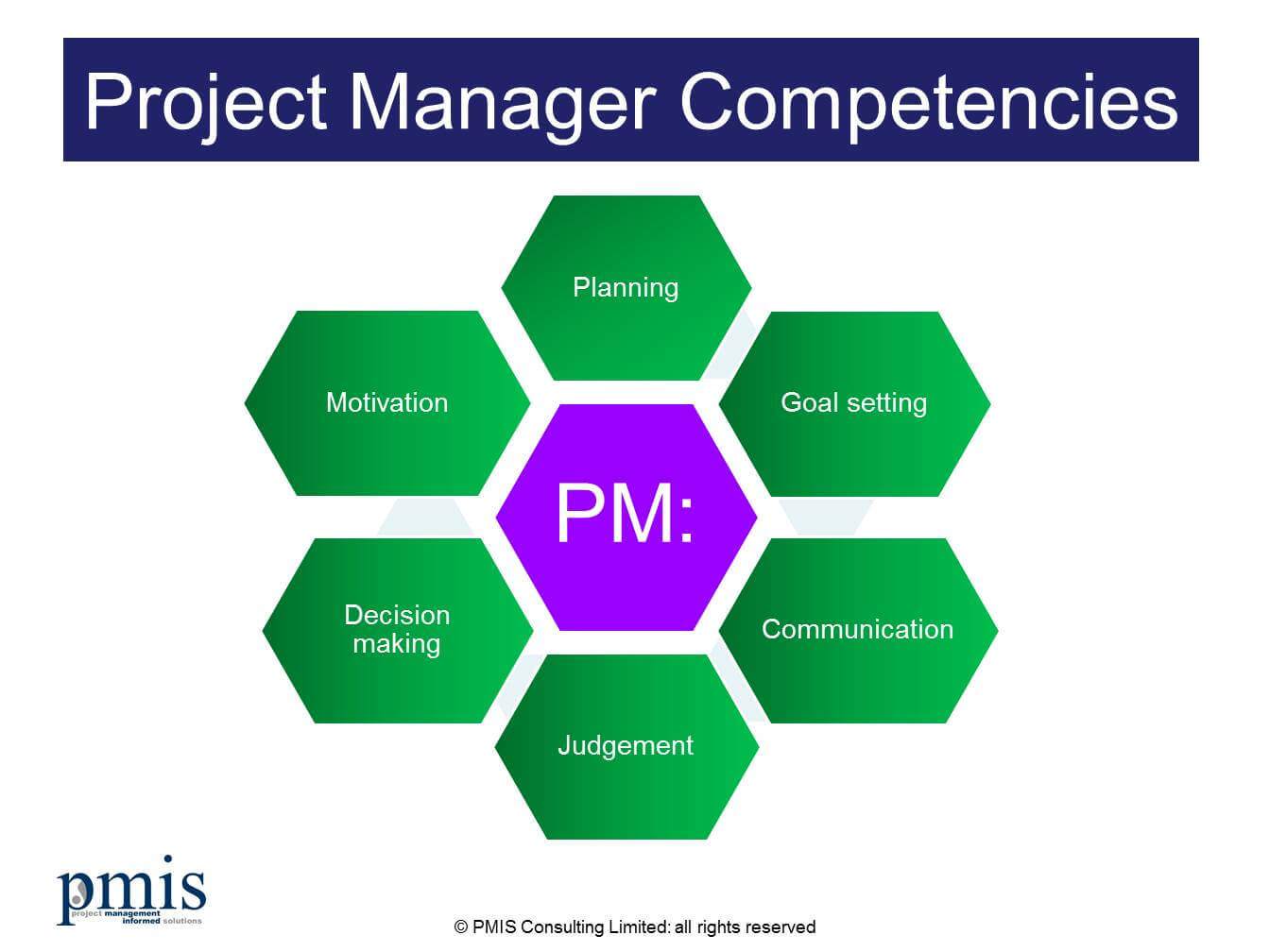Project Manager’s role and responsibilities: in-depth view
Why we need to make a project manager’s role crystal clear:
If you gather 10 random project managers (PMs) and ask them to define their roles and especially responsibilities, you will get very different views and even disagreements on what they are responsible for.
What follows in this post is what we have seen delivers by far the best results (i.e. from projects). It also addresses the key principle behind where the main disagreement usually comes from,
Origins of the Role
One of the most important aspects of the role was the introduction of a single point responsibility for a project, namely the project manager. When this is not understood fully, projects can struggle or even fail.
Key responsibilities:
The following will vary and be influenced by project and domain, but in principle, it will apply to most projects:
- confirm the objectives and planned benefits (with stakeholders)
- define the scope and the delivery strategy;
- develop an effective organisation including all key roles and responsibilities;
- plan the project (with the input and often support of others);
- develop estimates and financial/budget controls;
- define and develop the management processes to be employed (if they don’t exist and match the needs of the team already);
- lead the team in all phases of work;
- ensure risks are understood and are being mitigated successfully;
- communicate with and manage stakeholders;
- regularly assess progress in relation to the plan via simple control processes;
- monitor cost and budget performance (i.e. work scope achievement relative to budget);
- ensure relevant reports (e.g. relating to progress etc.) are periodically produced;
- more common in Customer projects – less common for internal ones
- liaise and negotiate with any internal or external party or partner as required;
- ensure all issues are being managed in the most timely manner;
- develop recovery plans when progress diverges significantly from the current plan.
The above is a fairly standard list but:
for any project-based business to be successful accountabilities of project managers need also to be defined, in as clear as possible terms, as is evidenced by our post on lessons learned.
Accountabilities of Project Managers:
This is a complex question that benefits from starting with some core principles.
Project management was founded on a number of first principles, one of which was single-point responsibility for projects. Business life is complex and it would be unreasonable to ‘blame’ a PM for all issues, as projects by nature carry inherent uncertainty. It is entirely right, however, to clarify to PMs what their accountabilities are, especially if there are issues that are known to be common challenges to projects.
If any of those challenges are happening or expected to, the PM must address them. Another way of expressing this is saying that PMs are responsible for creating an environment where these issues are less likely to occur.
The responsibility of a PM is broad. When they delegate a task to anyone, they retain their accountability for the project’s success. Great project managers understand that, and their behaviours demonstrate this.
Responsibilities of PMs-v-Project Boards
Some organisations (or PM methodologies) advocate having a PM and a Project Board.
This can work but it can also complicate the role of a PM and in worst cases, PMs end up doing little more than reporting (progress and issues etc.) to Project Boards.
If this occurs it can be a major constraint on successful project delivery. Establishing thresholds for reporting (between PMs and Project Boards) can also be counter-productive. A far better mechanism would be for PMs to report on key delivery metrics periodically including forecast trends that show clearly where delivery direction is going.
PMs need to feel and behave as if they are responsible for the project’s success.
They must be responsible for developing an environment where a team can succeed, ensure transparency regarding progress and all issues (the good, the bad and the ugly) and keep the team focused on delivering the outcomes the project is intended to achieve.
Share this:
Contact Us Now
EMAIL us today.
Or call ++44 (0)1865 784040


